Phytic acid, also known as phytate, is a component of the coats of most nuts, grains and legumes and serves as the primary storage form of phosphorus in seeds. It is often added to anti-nutrients due to the fact that it interferes with the body's absorption of important minerals such as iron, zinc and calcium.
Foods with phytic acid
Phytic acid is only found in plant products in varying amounts. Foods rich in phytate include almonds, hazelnuts, lentils, beans, corn, peanuts, peas, rice, soybeans, walnuts, wheat and wheat bran.
The highly variable phytic acid content is due to various factors such as climate, soil quality, type of seeds themselves, environmental conditions, etc.
Damage from phytic acid
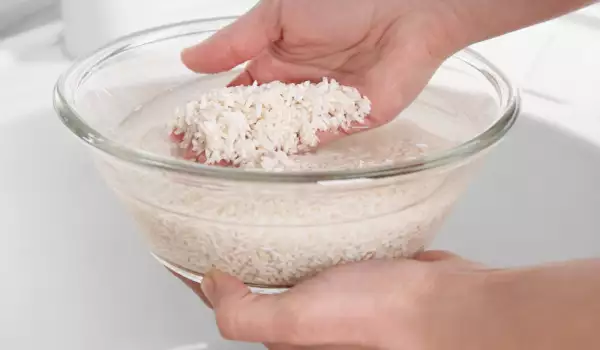
The intake of phytate interferes with the assimilation of minerals during the meal itself, it does not affect all other minerals for the day. This is only a major problem for people whose main food source is cereals or legumes.
For example, adding nuts to your breakfast may reduce the amount of iron, zinc, and calcium your body absorbs from the nuts, but not from any of your subsequent meals.
There are various methods by which we can significantly reduce phytate in foods - these are soaking, sprouting and fermentation.
Soaking grains and legumes overnight significantly reduces their phytic acid content. In seeds, grains and legumes, germination causes the breakdown of phytate. Fermentation and leavening bread help break down phytic acid by activating natural phytase enzymes. Leaven making is the preferred method.
Benefits of Phytic Acid
Depending on the circumstances, let's not forget that phytic acid as part of a balanced diet has a number of benefits through which it affects the overall health of the body.
In addition to being an antioxidant, it has been shown to be preventive against kidney stones, cancer and a number of other diseases. Including phytate in the diet helps prevent cardiovascular disease, by preventing hardening of the arteries and the formation of platelets.
See also: What prevents good absorption of iron in the body and how and why almonds are soaked?
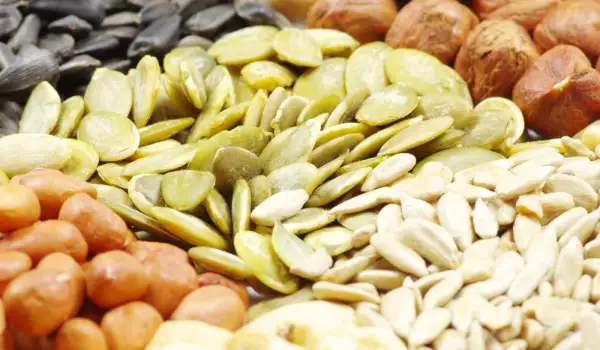
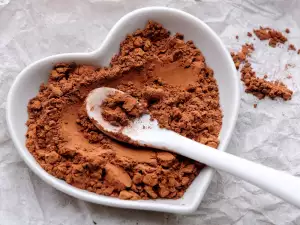
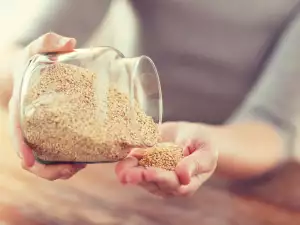




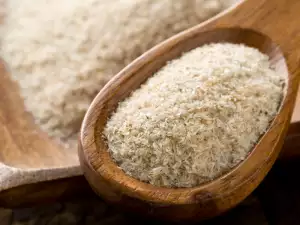





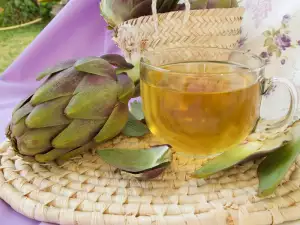






Comments